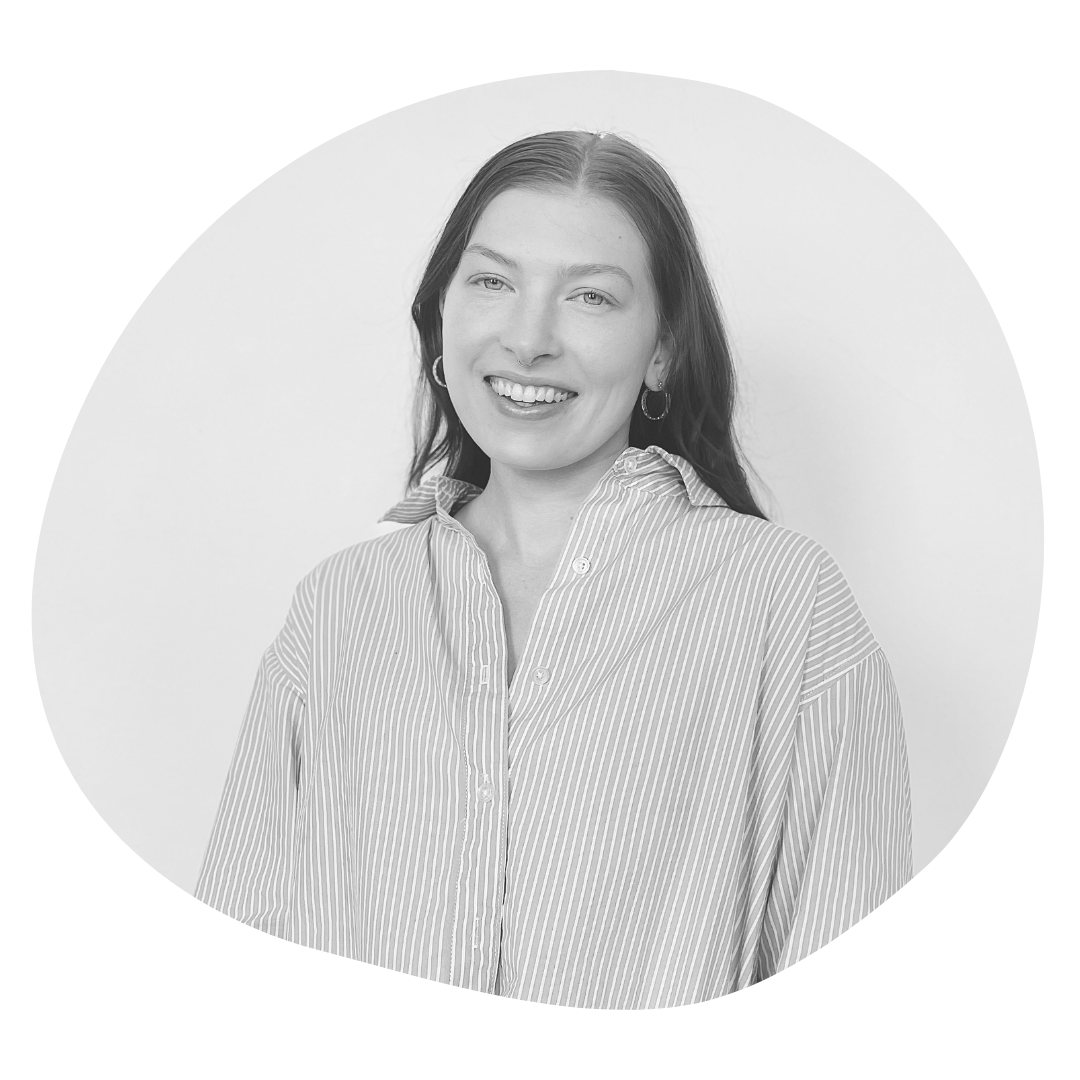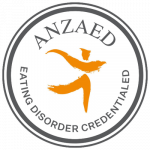Hi, I’m Rosie, one of the Telehealth Counsellors at EDV. 😊
Today I want to share some strategies to help you navigate social media in recovery. Importantly, I want to emphasise is that we can choose to engage and disengage with social media to support recovery.
In recovery, social media can be connecting and supportive. It can also exacerbate eating disorder thoughts and behaviours through over-exposure to diet, exercise and body content.
In a broad sense, the content we engage with over time can influence the way we see ourselves, each other, our worldview and what we think is important. On a more micro-level, a quick check of an app or an accidental scroll on social media can lift us up, or it can also trigger a spiral of anxiety, low mood, negative self-talk, comparison or all-or-nothing thinking.
I encourage you to take this opportunity to reflect on your relationship with social media.
Tips to take control of your social media use
➡️ Refine your feed by unfollowing/muting unhelpful accounts.
➡️ What feels unhelpful will change over time, tune in to how different accounts and content makes you feel.
➡️ Muting is a great option if you’d like some virtual space from a friend or family member but want to stay connected.
➡️ Expand your feed based on what you’d like to engage with more. This could start with journaling about your interests and values, then exploring pages online. You could even spark up a conversation with friends or family about what they’re enjoying on social media, what’s making them laugh or feel inspired.
➡️ Create time of day boundaries. For example, no social media first thing in the morning or right before bed. Or setting a time limit on your phone per day.
➡️ When creating boundaries it can be helpful to think about things you can do instead of using social media such as messaging a friend in the morning, listening to a podcast with breakfast, reading before bed or journaling to music.
➡️ Get curious when you are getting drawn into unhelpful content. Ask yourself “is this supporting me in recovery?”
➡️ Think critically about the content e.g. “is this true?”, “what are some other ways of seeing this?” or “this is a brand/person trying to sell me something?”. If it’s not supporting you in recovery, use this as an opportunity to disengage and shift your attention elsewhere.
➡️ Getting drawn into unhelpful content more often could be a sign that you’re going through a challenging time and trying to self-soothe, this could be an opportunity to boost self-care or increase supports.
➡️ Take social media holiday. This could be a regular day off each week, a month off every now and then or a week off when you feel like you need a break!
➡️ When taking a social media holiday, think about what you’d like to use this extra time for like growing a hobby, getting out in nature, journalling or reading about a special interest. Be sure to let anyone important know that you’re taking a holiday from social media.
➡️ If you are taking a break and finding it hard, let loved ones know what they can do to support you when you are wanting to turn back to social media
What about recovery-focused content?
At different stages of recovery it may be helpful to engage with recovery-focused content. This could be educational content about eating disorders, recovery, lived experience, Health At Every Size, the anti-diet movement, body positivity/neutrality or body diversity, or even just remaining connected with supportive friends and family. This content can be empowering and help counteract diet-culture messages. It may also increase feelings of connection to people who “get it”, and provide hope for recovery.
However, engaging with this content is not essential for recovery; at times it may actually maintain attention on diet and body image. Shifting away from this content towards your interests may help you grow other parts of your life and self. A few ideas to navigate this are:
🟣 Consider your current recovery goals and whether this content is helpful for you right now
🟣 Unfollow/mute recovery-focused accounts or choose your favourite ones to stay connected to
🟣 Follow people in diverse bodies, genders and lived experiences who create content that aligns with your interests and values
🟣 Remember that you can always re-engage with recovery-focused content, maybe as a recovery boost when diet culture is being overpowering!
What to do when social media is triggering
🟣 Social media is unpredictable in nature. We can’t predict what we’ll see when we open an app, and sometimes we are more vulnerable to be triggered. If you notice yourself feeling triggered by something on social media, here is a brief tending practice you can try:
🟣 Pause and acknowledge the trigger e.g. “this moment is hard. I’m feeling anxious, upset, tense, and am having negative thoughts about my body”
🟣 Put your phone down, take a deep breath in and out, using the exhale to soften
🟣 Use a recovery focused statement like “I am doing the best I can, one step at a time”
🟣 Choose something to do to self-soothe or distract
🟣 Check in with how you feel afterwards
Social media is a big topic and ever changing! The impact of social media will be different for different people too. Remember that you can choose to engage and disengage with social media to support your recovery 😊
Rosie

